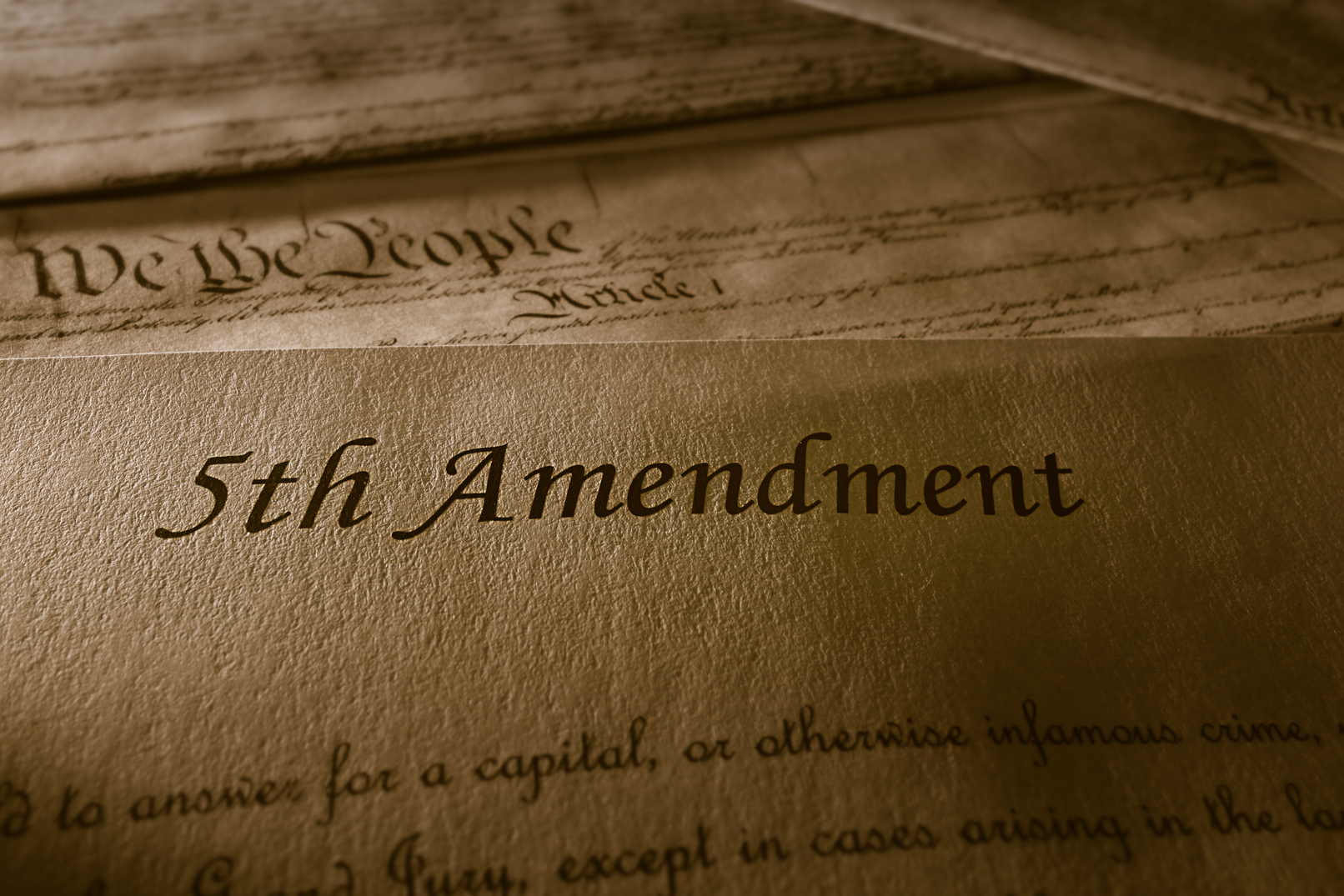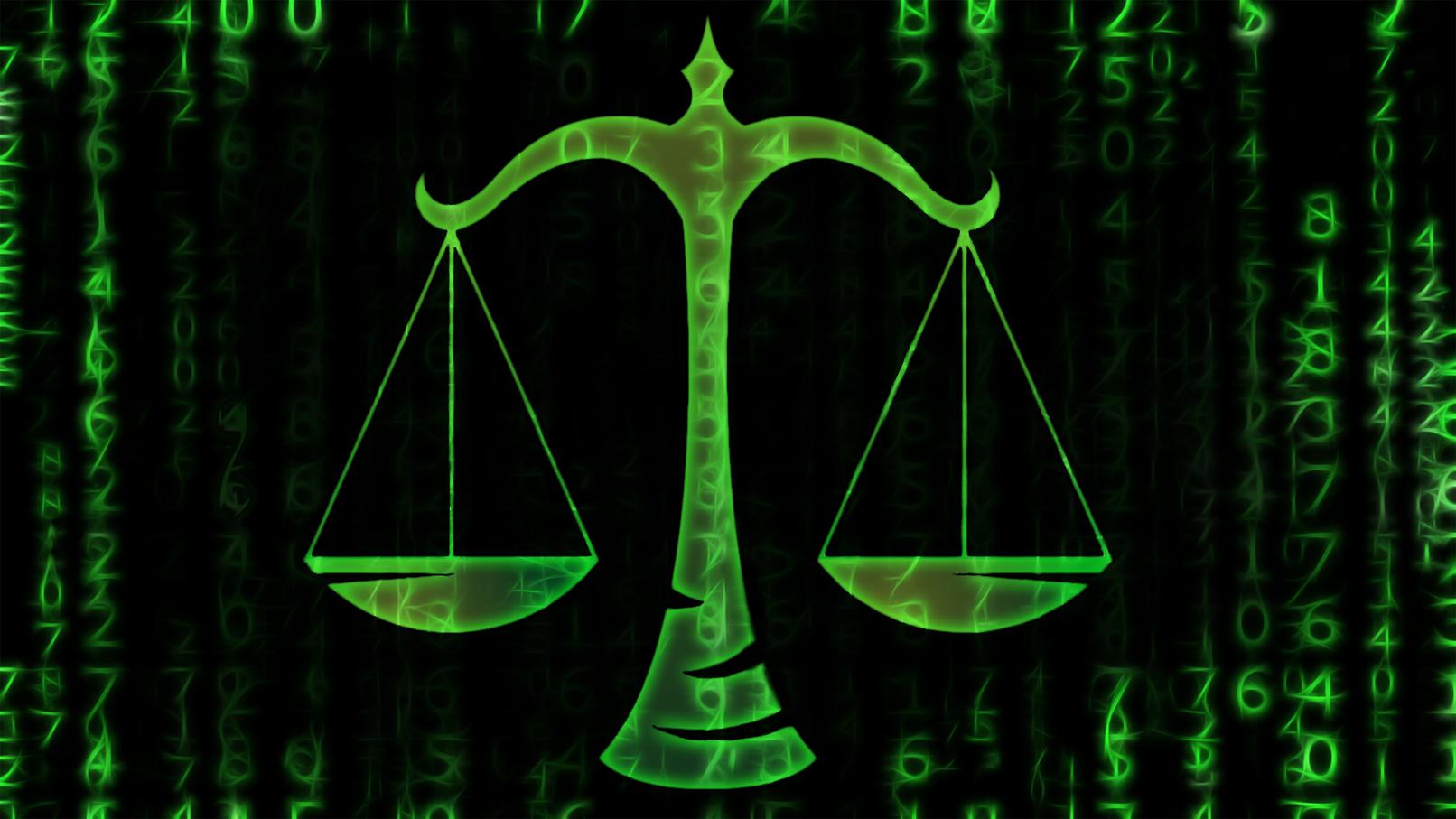A group of 16 states, including the border states of California and New Mexico, has gone to court to challenge the Trump administration's attempt to invoke emergency powers in order to fund the construction of a border wall. The lawsuit, which was filed in federal district court in San Francisco, raises not only constitutional issues related to who controls federal spending, but also may turn on issues of standing and statutory interpretation.
Articles Tagged with federal court
Sprint, a competitor of AT&T, has filed a lawsuit in federal court to attack the use of 5G Evolution branding by AT&T. It argues that this phrase and the 5GE tag associated with it are misleading because these phones and networks do not use 5G technology. Sprint is asking the court for an injunction against AT&T to stop it from using 5GE tags.
The Metropolitan Detention Center (M.D.C.), a federal jail in Brooklyn, is the subject of a new lawsuit and will be toured by a federal judge and senior federal defender after a power outage caused corrections officials to reportedly hold inmates on at least partial lockdown for days with no heat. A different judge has ordered the jail to allow inmates to have visits with their lawyers, which were apparently canceled last week as well.
California has implemented a Low Carbon Fuel Standard program since 2011, requiring sellers of oil, ethanol, and other fuels to reduce the carbon intensity of their fuel within certain deadlines. (Alternatively, they can buy credits from other companies that meet the requirements of the program.) Entities in the ethanol and oil industries recently challenged the…
In an order issued today, the US Supreme Court has granted the Trump administration's request to stay orders in two cases filed in federal district courts within the 9th Circuit to block the administration's policy banning most transgender people from serving in the military from going into effect. The Court's decision permits the ban to be temporarily implemented while the cases progress through the appeals process and any Supreme Court review. The Court denied the Trump administration's request to bypass the appellate process completely, but provides a preview of how the Court will likely rule if it hears these cases on the merits.
In the case of Iancu v. Brunetti, the Federal Circuit recently ruled that a section of the Lanham Act was unconstitutional. This federal law governs the registration of trademarks. Section 2(a) of the Lanham Act prohibits the registration of trademarks that are immoral or scandalous. The Federal Circuit reviewed this provision in…
On January 2, Penny Manzi and her husband, Jerry Manzi, filed a lawsuit against Apple in a U.S. District Court in Chicago. The lawsuit alleges that the MagSafe power adapter manufactured by the tech giant caused serious burns by setting fire to Ms. Manzi’s head. Ms. Manzi claims that she was using…
October 24, 2018 -- The 4th District appellate court ruled in G.A.Q.L. v State of Florida that an intoxicated minor involved in a car crash that killed someone cannot be forced to reveal the passcode to his iPhone. The teen, known as G.A.Q.L., was allowed to plead the Fifth Amendment clause, shielding him from self-incrimination. He had been found with a blood alcohol level of 0.086, which is over the legal limit, at the hospital after the car crash had occurred.
A lawsuit has been filed in Kansas federal court challenging a state policy prohibiting gender marker changes on birth certificates for transgender people. Along with Tennessee and Ohio, Kansas is one of only three states in the country with such a ban.
In the wake of the FCC's efforts to undo net neutrality protections under the Trump administration, California recently passed a law implementing net neutrality rules that are even stronger than the Obama-era regulations that have been rolled back at the federal level. Governor Jerry Brown signed the new law on September 30, which represents the strongest set of net neutrality protections in the country. The Department of Justice immediately filed a lawsuit in federal court, stating that California's law constitutes an impermissible burden on the federal government's efforts to deregulate the internet.










